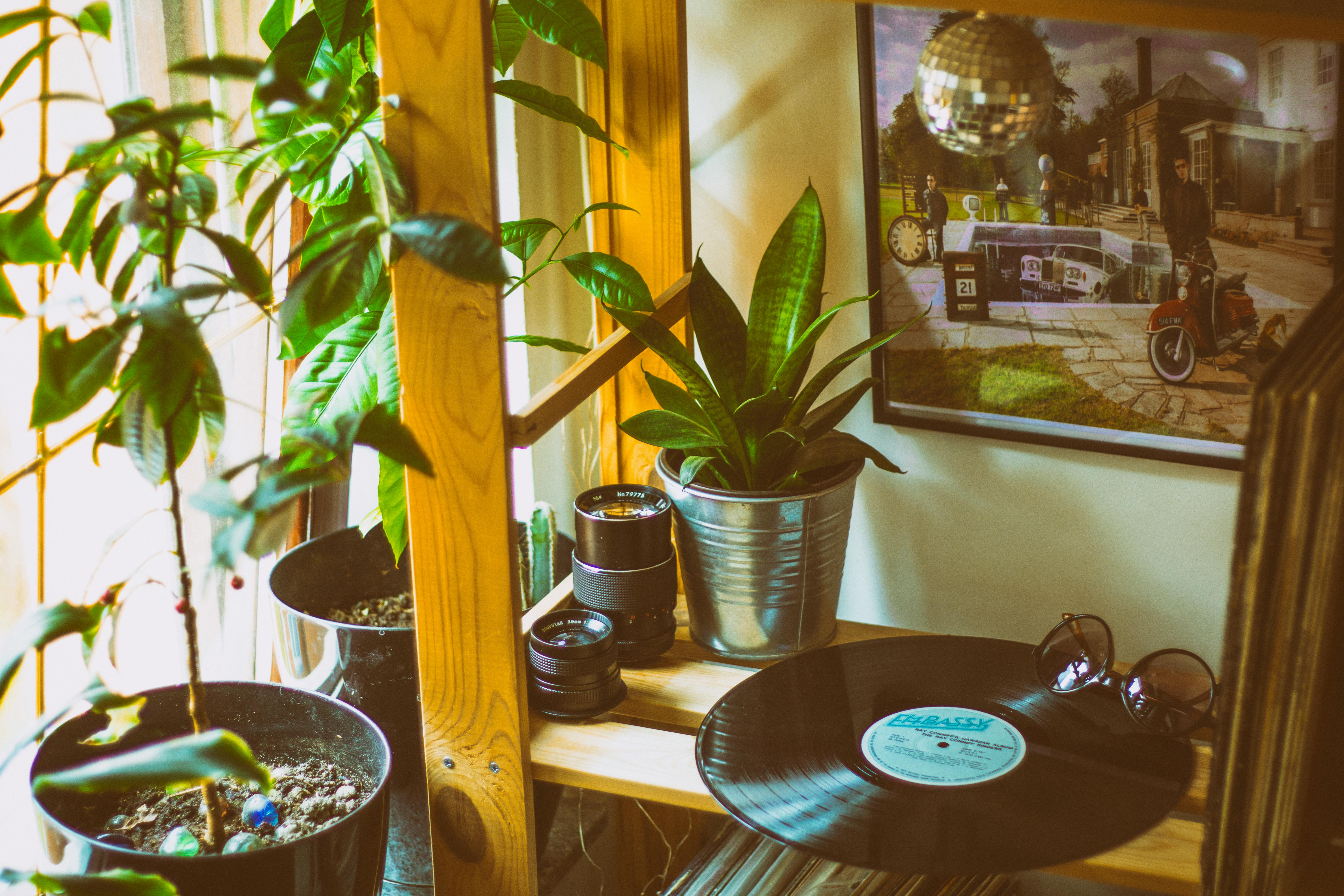“Today, like any other day, we wake up empty and frightened,” wrote the great Sufi mystic Jalaluddin Rumi, “Do not open the study door and start reading. Instead, pick up a musical instrument. Let beauty love us be.” whatever we do.”
Sufis believe in celebrating by singing and dancing. Thus, music takes center stage as it comes very close to meditation, as Osho underlines. In North India, Sufi masters such as Bulle Shah, Baba Farid, and Shahbaz Kalandar wrote ecstatic poetry that has become popular as Sufi and folk music today, especially in the form of Qawwali.
Qawwali is a vibrant musical tradition dating back over 700 years. Originally performed primarily at Sufi shrines across the subcontinent, it has also gained wide popularity. A lead singer has a group of followers who sing and clap to the accompaniment of other musicians. Performers and listeners are often transported into a state of ‘wajad’ where they feel intoxicated with the presence of God. The late Nusrat Fateh Ali Khan is considered the uncrowned emperor of Qawwali.
‘Mast Kalandar’, the qawwali of Hazrat Lal Shahbaz Kalandar, is perhaps the most famous and popular of these. Regarded as the ‘national anthem’ of the qawwalis, it is sung at all Sufi music concerts. The late Nusrat Fateh Ali Khan of Pakistan popularized qawwali in the West after the Sabri brothers became renowned qawwali singers. In the 1970s, Shakila Bano Bhopali from India was perhaps the most popular female qawwali singer who toured many countries to entertain NRIs. Now Abida Parveen has joined this famous group. Now Rahat Nusrat Fateh Ali Khan, Nusrat’s nephew, is becoming popular especially with ‘Lagi man ki lagan’.
In India, the Wadali brothers and Hans Raj Hans are the leading Sufi and qawwali singers. Another star is Zila Khan, daughter of the legendary Sitar master., Ustad Vilayat Khan named after the raag of Amir Khusrao Zila Kafi.
Since 1960 Bollywood movies popularized qawwali as the classic ‘Barsat ki Raat’ ‘Mughle-e-Azam’ had memorable qawwalis that are remembered to this day. Other hits come from ‘Amar, Akbar, Anthony’. More recently ‘Maqbool’ featured a powerful Daler Mehndi number and this year ‘Jodha Akbar’ featured one “Khwaja mere Khwaja” by AR Rehman. Among Punjabi folk singers, Hans Raj Hans, has several traditional Sufi numbers to his credit, Rabbi Shergill gained overnight fame for ‘Bulla Ki Jaana’ and Kailash Kher for ‘Allah ke Bande’ Although a Punjabi pop singer, Hans Raj Hans, has also made a name for himself as a Sufi singer and is a great admirer of Osho, he reads and listens to his words for inspiration, he says, a modern twist.
Traditional qawwalis last an hour or more, as in the case of Nusrat Fateh Ali Khan, who transports listeners into a trance-like state with his artistry and delivery. They manage to touch those who are open to the call of the Ultimate. Sufis use music as a means, for example in qawwali, to share the eternal message; and when sung fervently, it draws one closer to the Ultimate.
Pakistani Sufi singer Shafqat Ali says: “Sufi music is more about ibadad (prayer) of God. The whole idea of Sufi music is to connect with God through music. The lyrics of those songs are mostly poems and shayari (poetry) written to praise God and speak of his love for mankind”.
Adds Sufi singer Abeeda Parveen: “Sufi is a practice of praising the Almighty. Music is a broader term that expresses love for the beloved. The intensity of love is indefinable.”
Osho says: “Music is the closest thing to meditation. Music is a path to meditation and the most beautiful path. Listening to good music, you suddenly become silent, effortlessly. your ego effortlessly. You relax, you fall into a deep rest. You are alert, awake, and yet, in a subtle way, drunk.” It seems that Osho is talking about Qawwali Sufi music.
